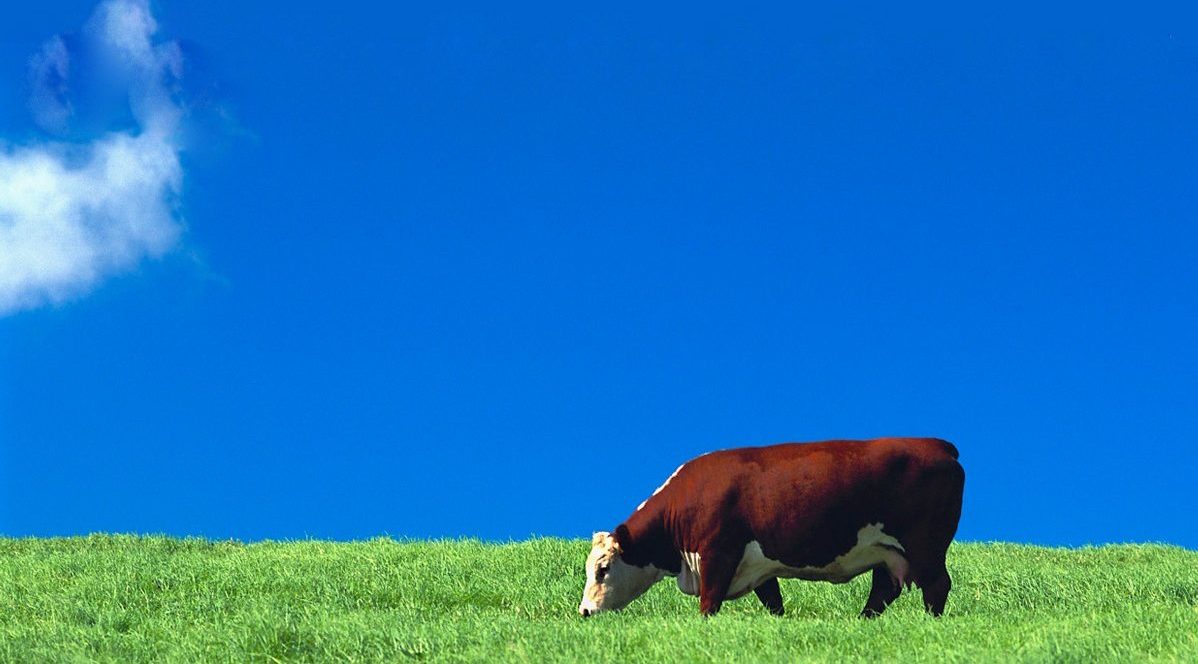Oregon Court of Appeals Doubles Down on Double Damages Under Timber Trespass Statute
From the Desk of Ryan McLellan:
The ability to recover double or triple damages under Oregon’s timber, shrub, and produce trespass statute can result in significant recoveries for plaintiffs. In this case, the defendant put forth numerous arguments in an attempt to thwart the plaintiffs’ recovery of enhanced damages for injury to a crop of produce.
Claims Pointer:
This recent Oregon Court of Appeals decision clarified that the correct interpretation of the timber and produce trespass statute is one that strengthens plaintiffs’ entitlement to enhanced damages. The court found that plaintiffs can recover double damages when there is an injury to produce, even if the injury was not willful.
Simington Gardens, LLC, et al. v. Rock Ridge Farms, LLC, 308 Or App 661 (January 27, 2021)
Facts:
This case stemmed from a dispute among farmers over organic salad crops and cows. The plaintiffs in this case owned an organic produce farm located next to the defendant’s property, which was used to raise heifer cows. One night, the cows escaped and ventured onto the plaintiffs’ land, where the cows trampled and defecated on plaintiffs’ recently planted field of organic salad plants. In order to retrieve the cows, the defendant’s employees went onto the plaintiffs’ property, where they further trampled and damaged the salad crop. As a result of this conduct, the plaintiffs sued the defendant claiming common law trespass, conversion, and trespass to produce under ORS 105.810. Under ORS 105.810, a plaintiff can recover double or treble damages depending on if the trespass was “casual or involuntary” or “willful,” respectively.
This case went to a jury where the jury was instructed that they could award damages to the plaintiffs for the destruction caused by both the cows and employees under the claim of common law trespass. However, the jury could only consider damage caused by the employees when awarding damages under the trespass to produce claim because that statute requires a “person” be the one to cause the injury. ORS 105.810. The jury found that the plaintiffs had proven all of their claims and awarded just over $26,000 in damages. Specifically, the jury attributed $11,000 of this award to the damage caused by the employees. The jury then decided that the injury caused by defendant’s employees to the produce was done “casually or involuntarily.” As a result of this finding, the court found that double damages were appropriate under ORS 105.815 and awarded an additional $11,000 to account for the double damages owed as a result of the employees conduct. Additionally, attorney fees of $125,000 were also awarded to the plaintiffs pursuant to ORS 105.810 as the prevailing party in this matter. The defendant appealed this judgment, claiming that the award of double damages was improper.
Law:
Oregon affords special protection for trees, produce, and shrubs by providing a statutory remedy for injury to, or removal of, these plants. This statute, often better known as the timber trespass statute—even though it covers produce and shrubs too—provides for a cause of action “whenever any person, without lawful authority, willfullyinjures or severs from the land of another any produce thereof.” ORS 105.810. The statute further provides that if a plaintiff succeeds on a claim under this statute and is awarded damages, the damages should be tripled. However, there are times when only double damages are appropriate. ORS 105.815 provides if “it appears that the trespass was casual or involuntary” or if defendant had probable cause to believe he was on his own land only double damages should be awarded. These timber and produce trespass statutes also allow for the recovery of attorney fees to the prevailing party.
In this opinion, the Oregon Court of Appeals held that although these statutes use the word “trespass,” and require entry onto another’s property, proving trespass in the common law sense—i.e., entering onto another’s property without consent—is not required for liability under these statutes. In Oregon, a defendant can be liable for timber or produce trespass even if the defendant is on the plaintiff’s land with permission, as long as the injury to the timber or produce was done without consent. In other words, the trespass at issue in these statutes relates to the timber or produce and not to the land on which the timber or produce resides.
The decision of whether triple or double damages are appropriate hinges on the manner in which the defendant injuredthe timber or produce. Under the statute, triple damages are appropriate when a defendant “willfully” injures timber or produce. Here, “willfully” means that the defendant intentionally damaged the timber or produce while knowing it belongs to someone else. While double damages are proper when a defendant “involuntarily or casually” injures the produce or timber. Under the statute, an involuntary or casual injury occurs when the defendant accidentally harms the timber or produce, or when the defendant has probable cause to believe that the plants were on the defendant’s own land.
Analysis:
Applying the proper interpretation of the statute, the Oregon Court of Appeals held that the trial court’s award of double damages to the plaintiffs was proper. Here, the defendant’s employees entered onto the plaintiffs’ property to retrieve the cows. While on the plaintiffs’ property the employees trampled on the newly planted salad crop. The jury found that the defendant’s employees did not intentionally damage the salad plants; rather, the harm was done casually or involuntarily. However, “casual or involuntary” injury is all that is required to be awarded double damages under the timber and produce trespass statute.
The defendant also tried to contend that the plaintiffs received a double recovery because they were awarded damages under both the common law trespass claim and the statutory trespass claim. However, given the fact that trespass to land is not required under the statutory trespass claim, the awarded damages were not duplicative of the plaintiffs’ common law trespass claim.
The Big Picture:
Oregon’s timber, shrub, and produce trespass statute significantly incentivizes plaintiffs to assert claims for damages under the statute, due to the ability to recover double or treble damages—as well as attorney fees. This incentive was only further strengthened by this Oregon Court of Appeals decision, which clarified that a defendant’s injury to produce does not have to be willful, but casual or involuntary injury also results in enhanced damages. Ultimately, the Oregon Court of Appeals affirmed the trial court’s decision and damages award.

















